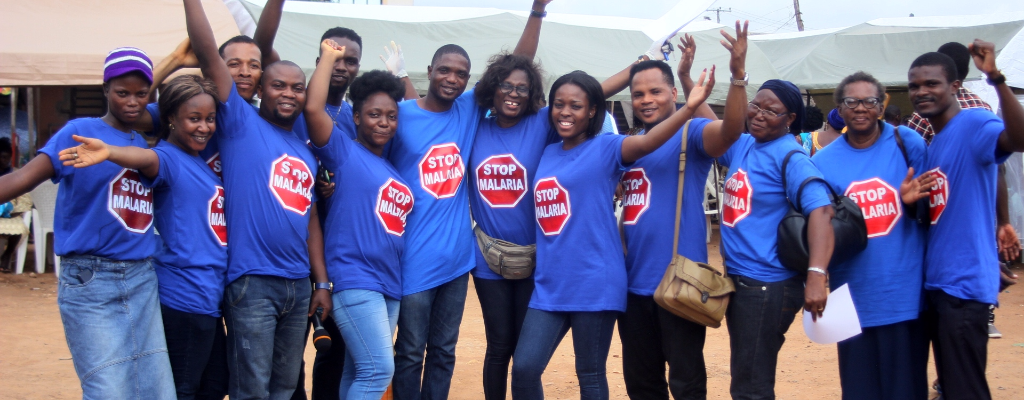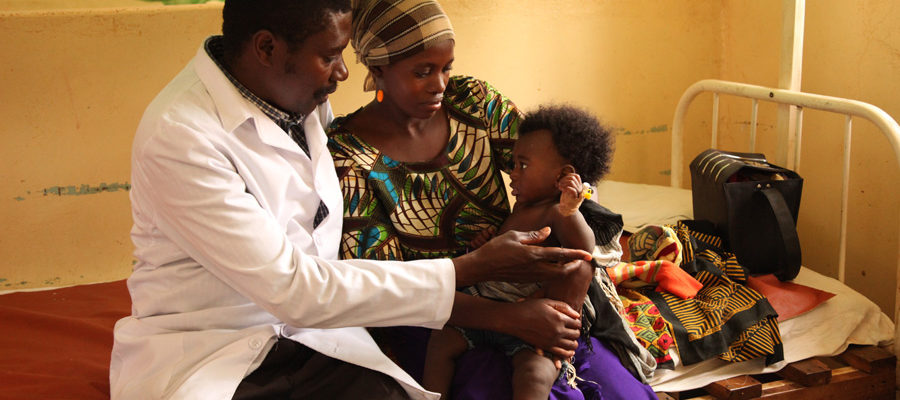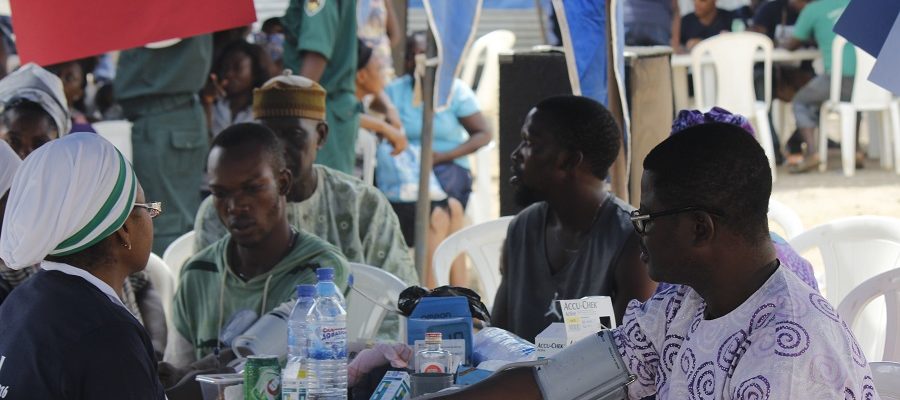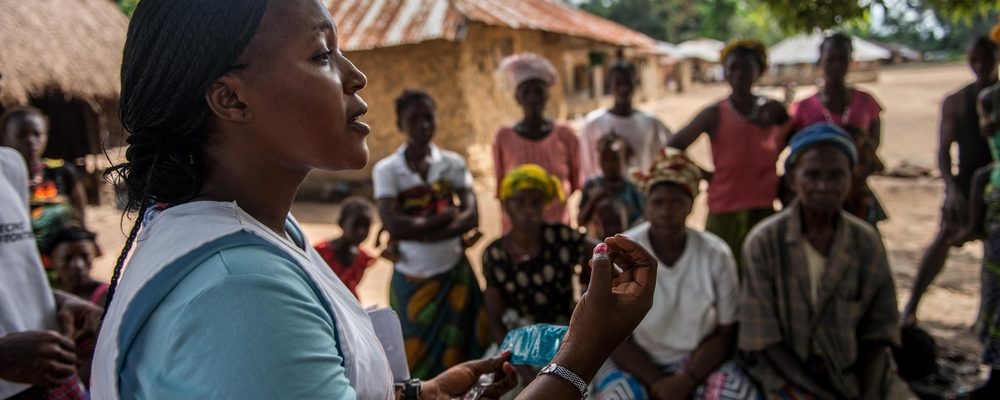2017 June
WDI visit Alimosho Local Government for 2015 World Malaria Day (Photos)

Environmental Management
Prevention is the cornerstone of all malaria control efforts and therefore the collaborative effort must continue to ensure that this disease which claims so many lives is eliminated. It is essential that we all continue to invest in malaria control so that the gains made so far would be sustained towards preventing further malaria deaths.

Let’s close the gaps.
Long Lasting Insecticide Nets (LLINs): Use of LLINs, which remain one of the most effective malaria vector control methods available to date, acts as a physical barrier and prevents access to individuals sleeping under it by the vector mosquitoes. It is also insecticidal and kills mosquitoes which land on it; thus providing personal protection against

2017 World Malaria Day
World Malaria Day, commemorated every 25th of April, is a unified commemoration of the global efforts to create massive awareness for effective control of malaria around the World. This day represents a chance for everyone to make a difference in malaria control. The theme for this year’s commemoration – “End Malaria for Good’’, is a

Malaria Centers
Our Malaria Centres are designed as community embedded one-stop centers for malaria tests, treatment, preventive resources and information. Centers will help advance some of the challenges in malaria control effort by ensuring tests are carried out and malaria is properly diagnosed before treatments are administered. Centers would be embedded within existing local primary healthcare centers

Advocacy
We bring malaria related issues to the public attention and conduct advocacy visits to national and state institutions to keep malaria elimination a front burner item for relevant agencies. To scale up the impact of WDI’s work in local communities, proven models of malaria control and interventions will be taken to scale through public policy

Outreach Programmes
We bring malaria related issues to the public attention and conduct advocacy visits to national and state institutions to keep malaria elimination a front burner item for relevant agencies. To scale up the impact of WDI’s work in local communities, proven models of malaria control and interventions will be taken to scale through public policy

Public Education & Enlightenment
WDI launched its public education program in 2016 with radio jingles to inform and educate the public on preventive and care seeking practices to reduce malaria incidences and fatalities. Education and enlightenment programs primarily target low-income and vulnerable populations. We believe the benefits of education for the most vulnerable go a long way towards reducing
